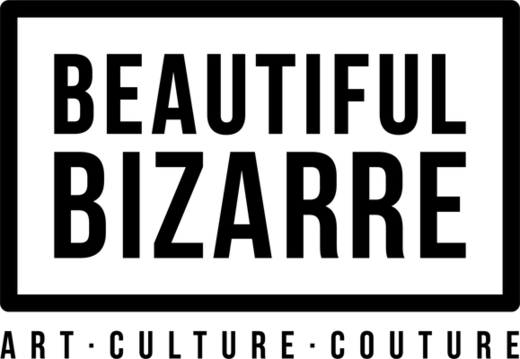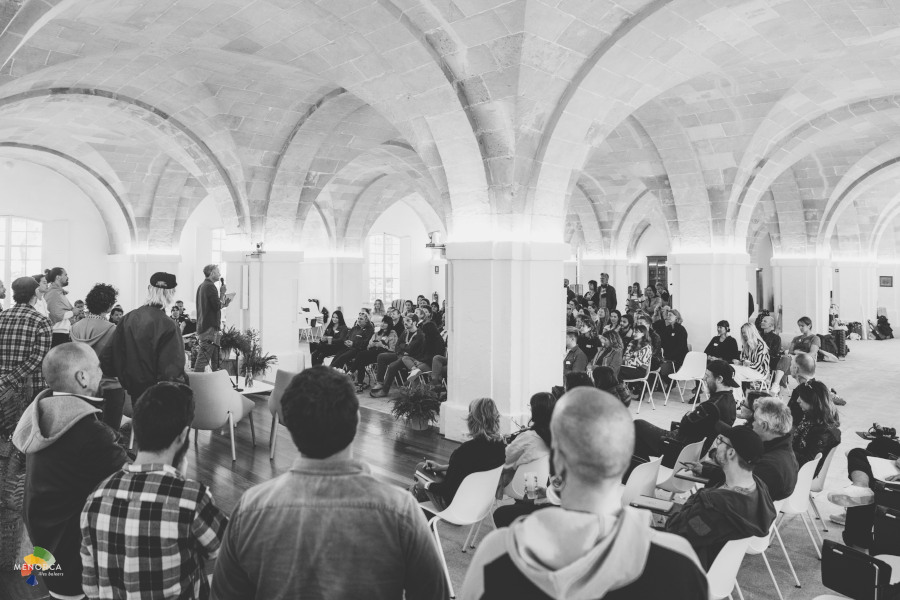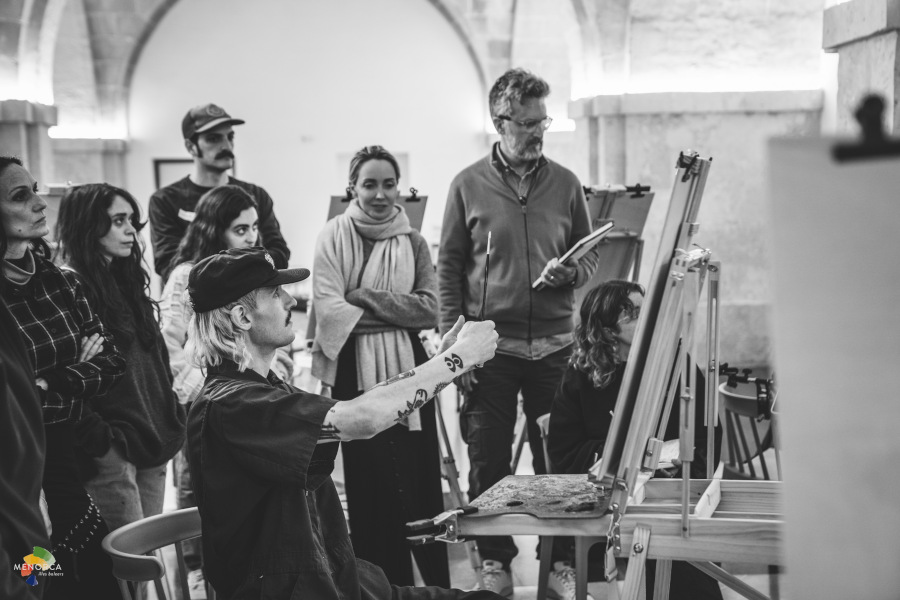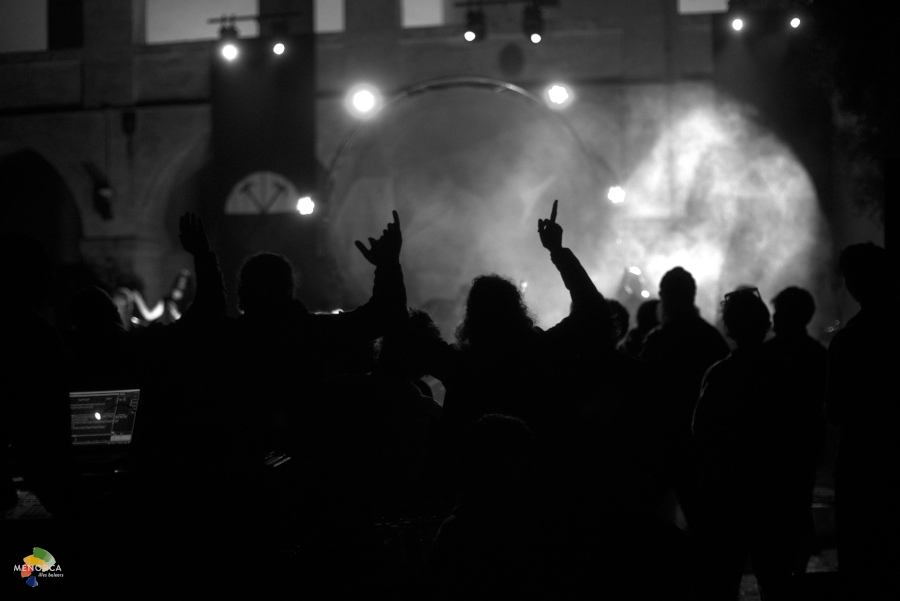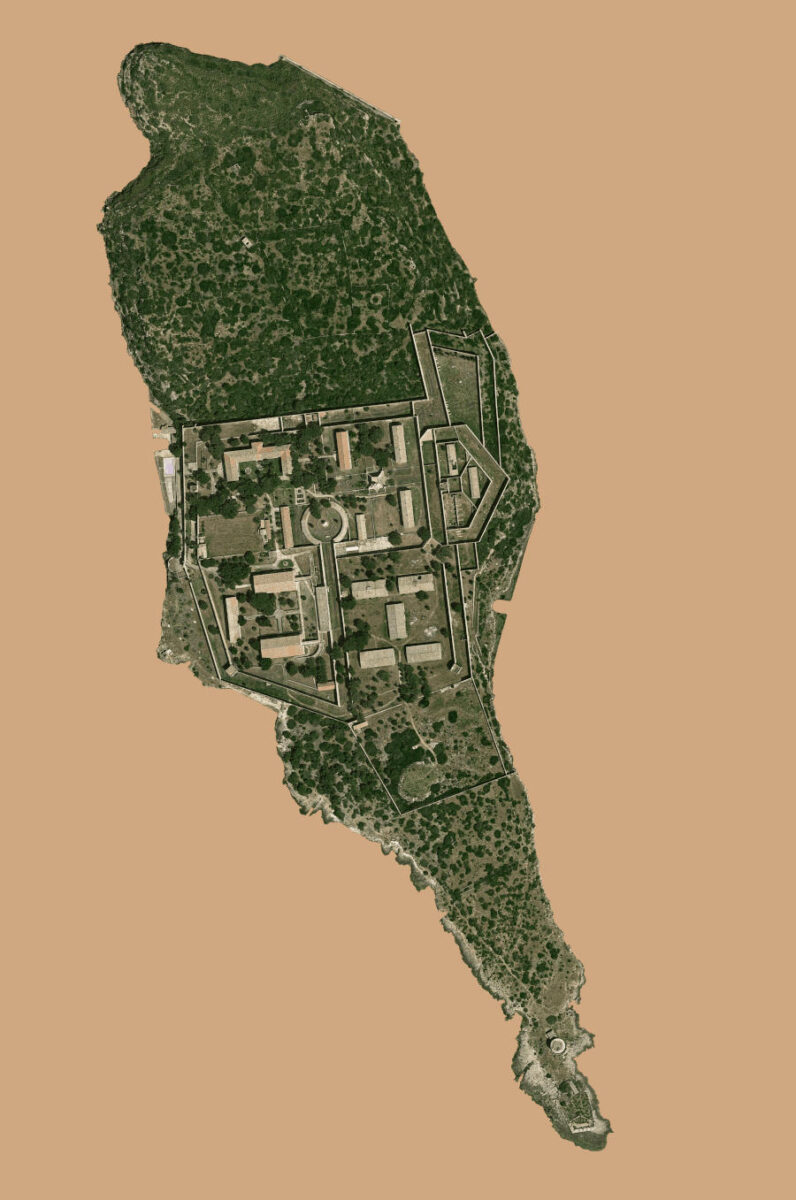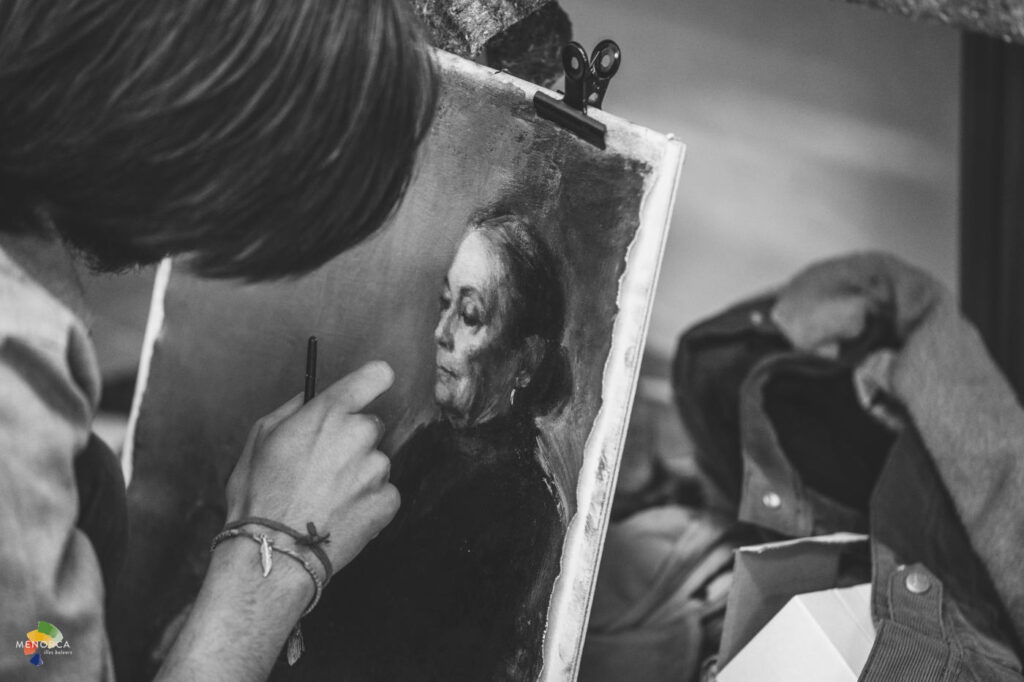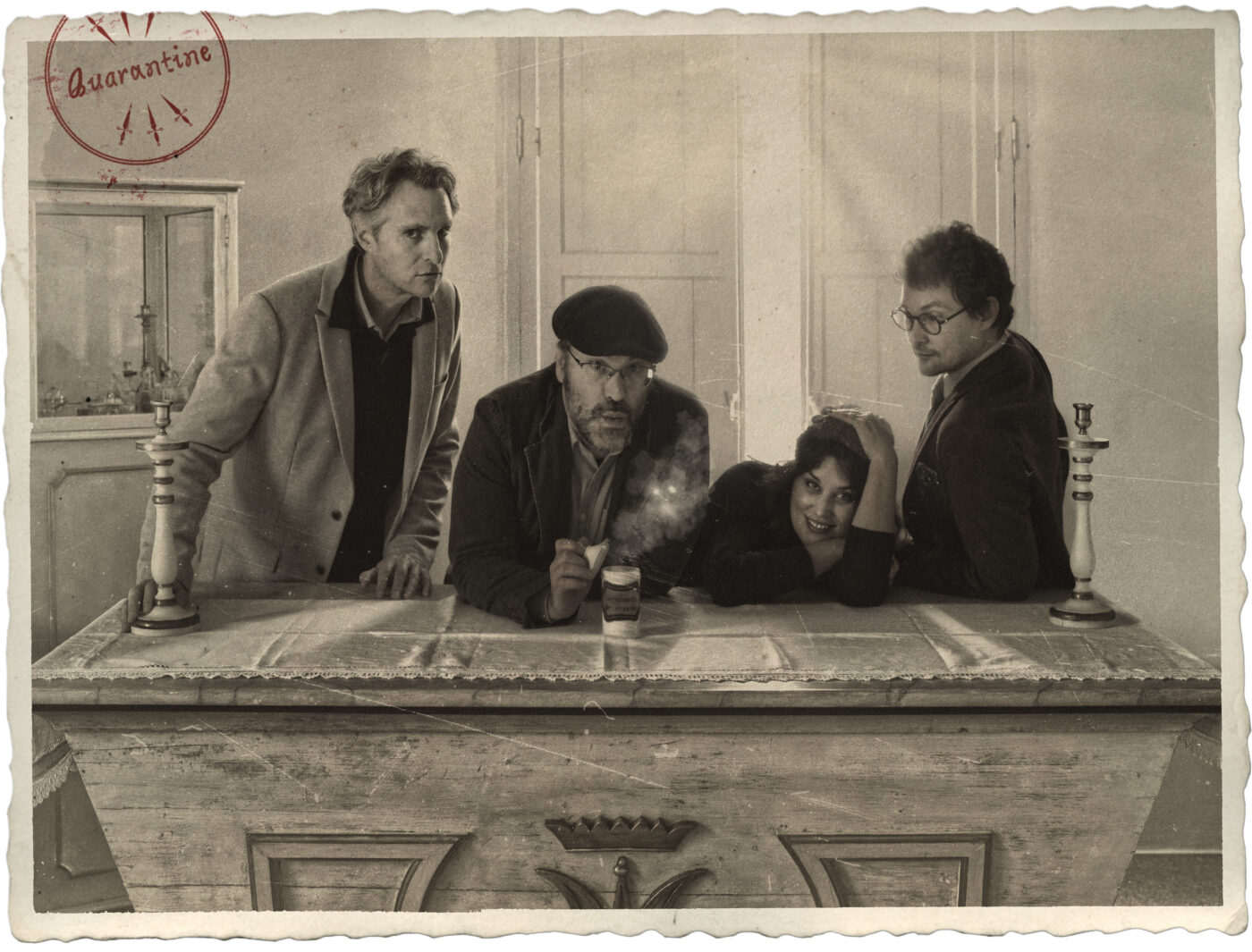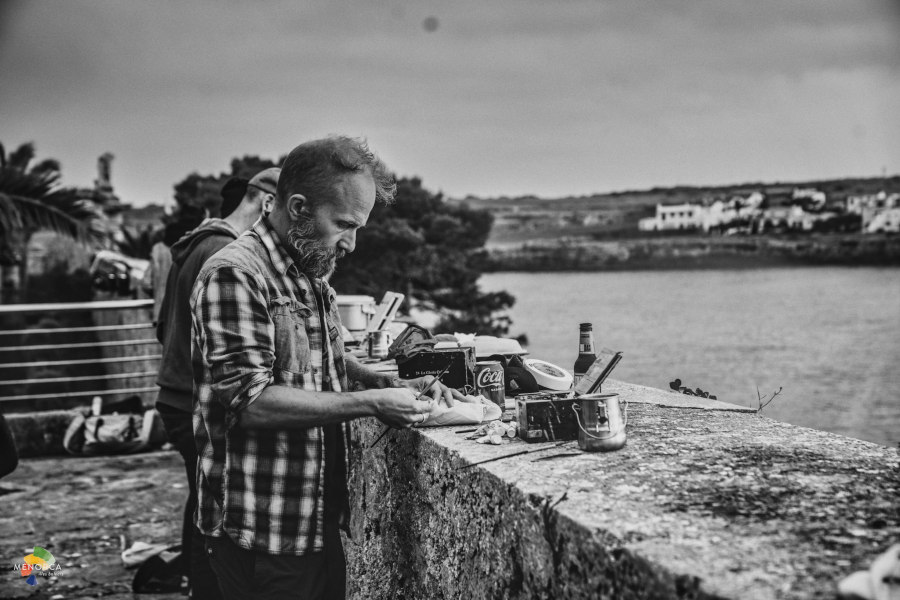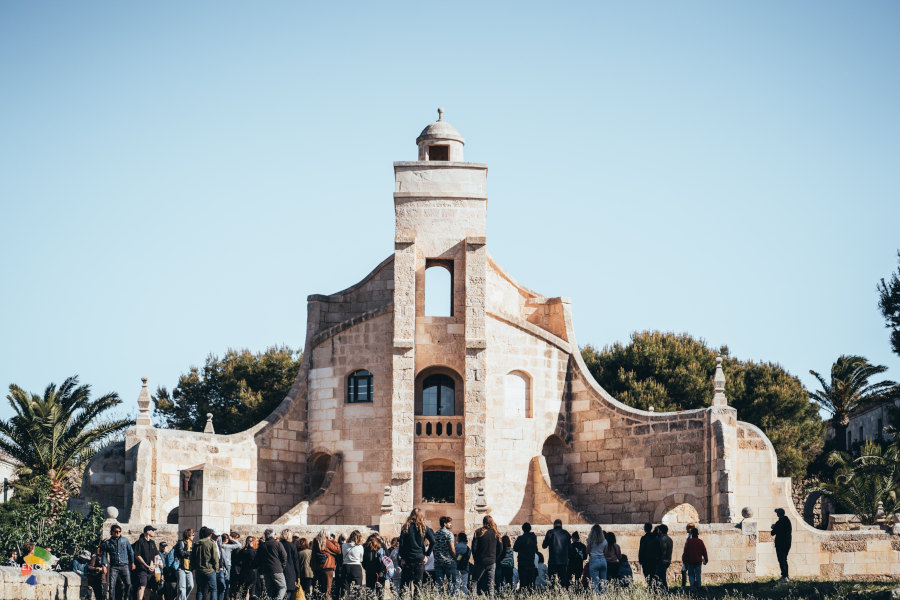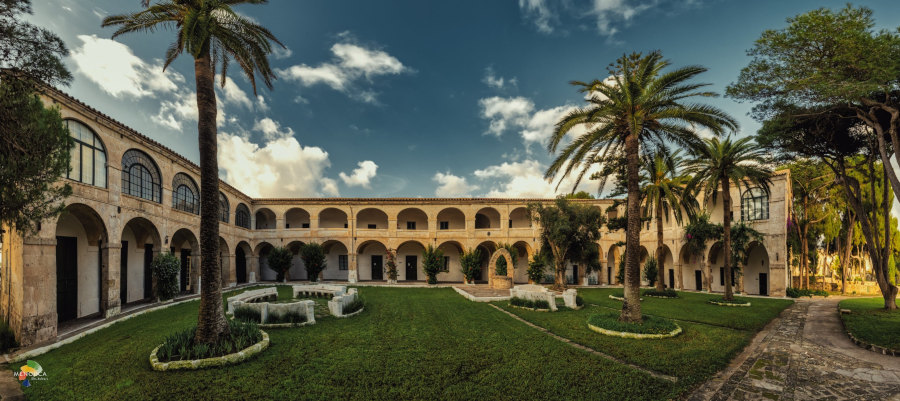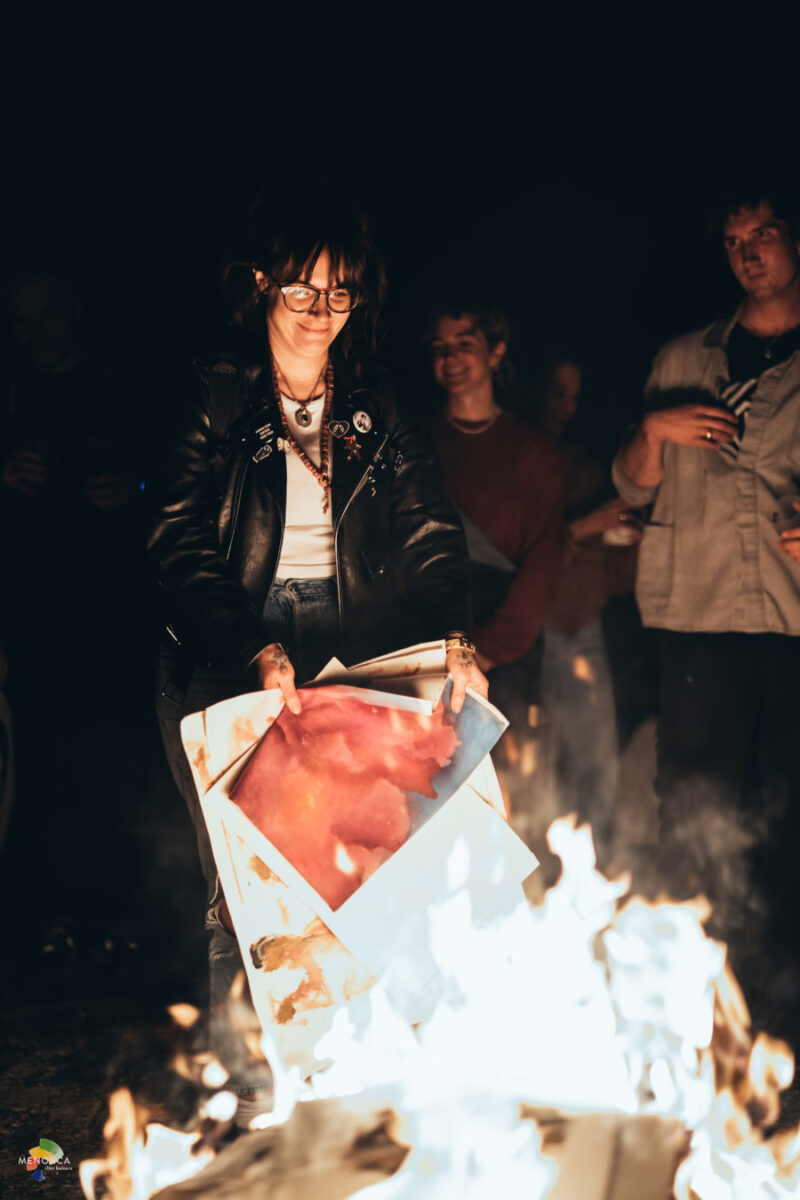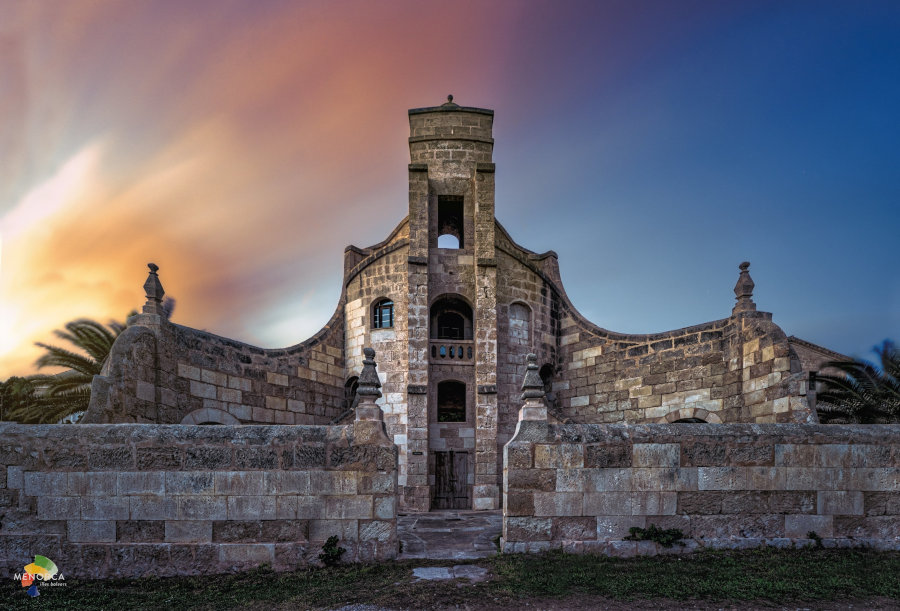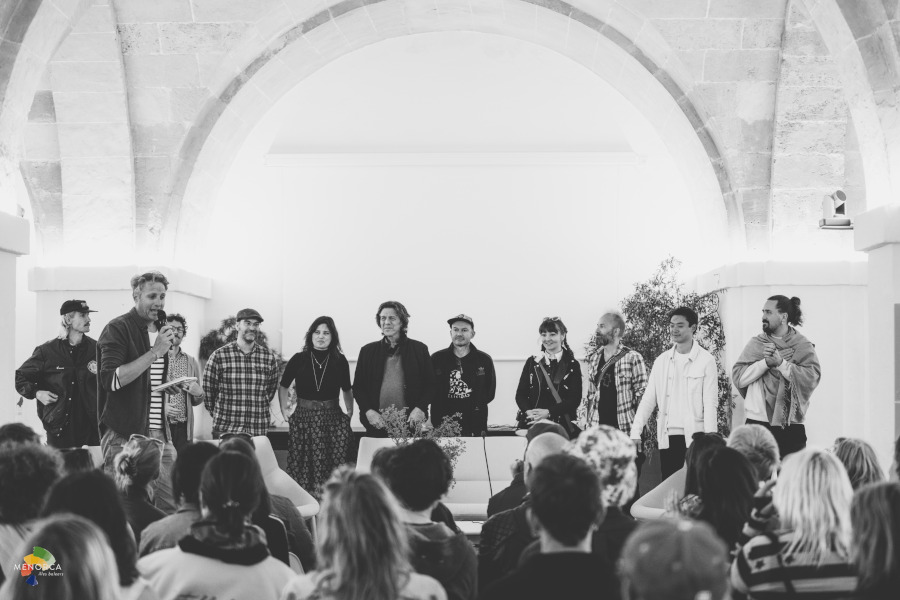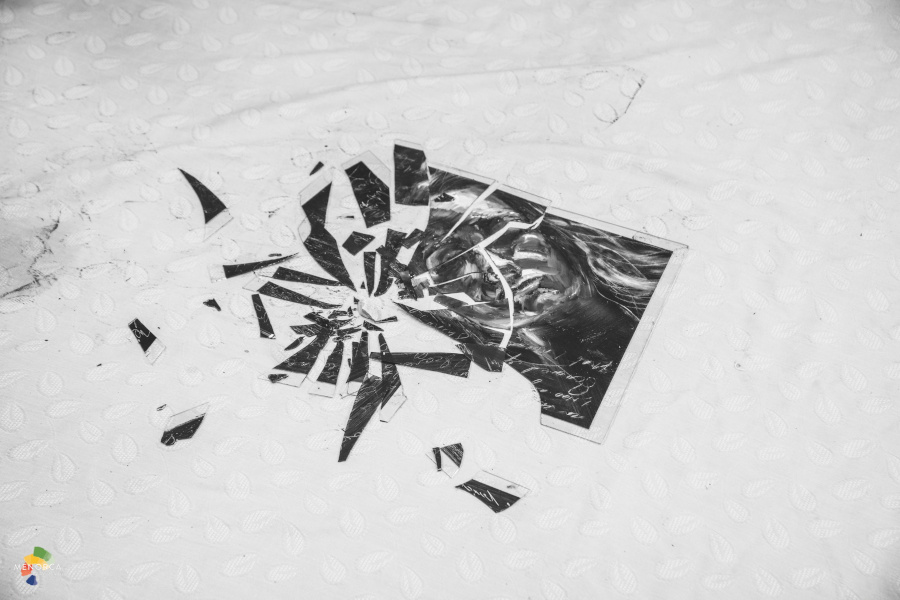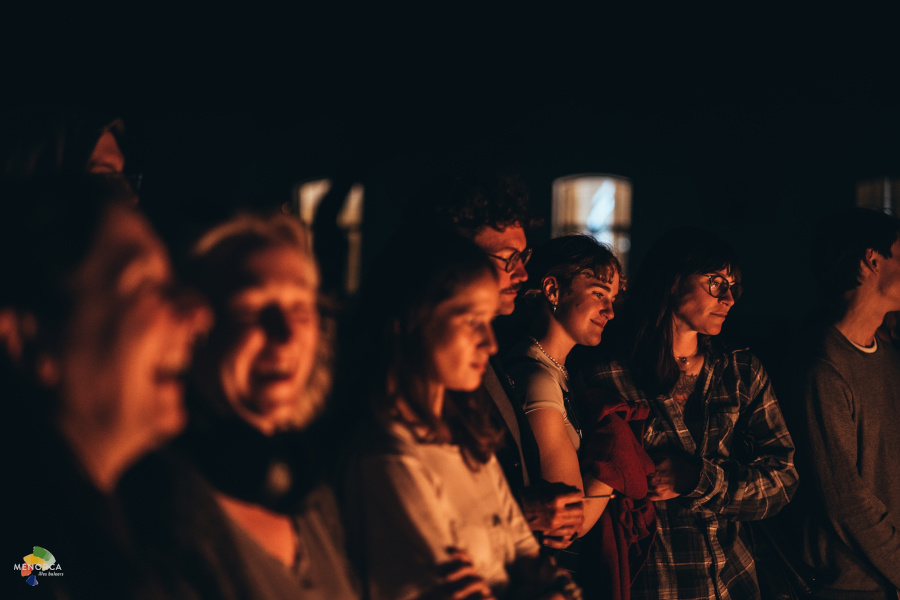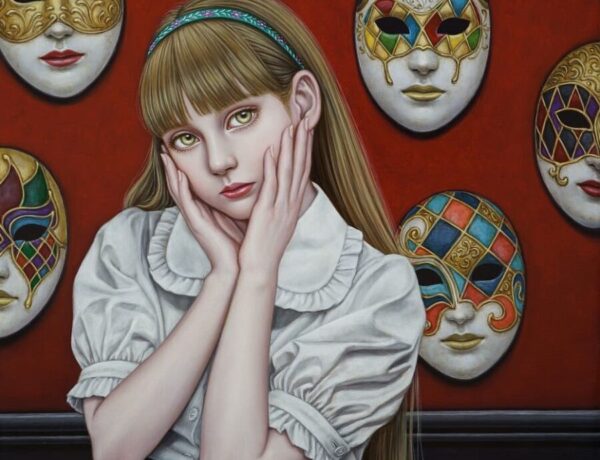Earlier this year, I wrote a piece about Quarantine Events’ upcoming Muse Hacking Program. This was a new kind of artist residency ready to be trialed. Tired of the traditional residency approach and critical of most art educational practices, Quarantine aimed to shake up how a residency could work, and benefit artists to truly discover their own sources of creativity. As a tonic to the overly structured practices of old, two key ingredients they wanted to infuse were chaos and rituals. I was aware that this residency was meant to push each resident and was not for the faint hearted, so how they would use these approaches was integral. Even more so, I was interested in how this would work within their bespoke mentoring system – all taking place in a private space upon Lazaretto Island in the Mediterranean.
Here, we dive into the origins of Quarantine Events and their debut event: the Muse Hacking Program.
Quarantine Events: a new beginning
It began with the simple discovery of Lazaretto Island, “a magical, undiscovered gem not yet open to the public” describes Carles Gomila, the founder and organiser of Quarantine Events. “That’s when I started Menorca Pulsar, an art retreat with an international reputation for holding painting workshops. Despite our success, I noticed many of our clients were more interested in copying their favorite artist’s style rather than exploring their own creativity.”
Creativity doesn’t replicate – it innovates, it creates. So, I began designing more disruptive programs, distancing from artistic tourism.
Carles Gomila, the founder and organiser of Quarantine Events
“Being a lucid dream practitioner, I draw inspiration from the dream world – what happens in my head when I’m not overthinking. Over four years, I had three dreams about an “art society” and Lazaretto, which led me to create the Quarantine project: a kind of Tortuga Island for artists, fostering camaraderie and self-discovery while repelling the art tourist. Quarantine aimed to question the artistic process and transform our way of creating. I was eager to share this excitement with artists from all over the world, building a haven where progress could be made without judgment or competition.”
Despite the initial lack of support, Carles’ persistence finally paid off. Postponed due to the global quarantine of COVID-19, the 2020 event finally took place in April 2023.
They told me Quarantine was impossible, improbable. But hey, it worked. Six mentors guiding a hundred artists on a double island… it was worth the gamble. Like a painting, art always finds its way. A week later, the whole experience feels like it belongs in the dream world; a dream I definitely want to return to. Now, this dream also belongs to 100 other artists.
Carles Gomila, the founder and organiser of Quarantine Events
A Program Built on Emotional, not Academic, Structure
Aware of Quarantine Event’s focus on emotion as a pillar over academic learning, another key factor was the secrecy shrouded over the program details itself. Applicants for the Muse Hacking program were only given a guide on what to expect, and this guide focused primarily on overarching concepts and forewarnings of shake-ups. This certainly leaned into their focus on “chaos” and cemented the foundation that artists applying must trust the process.
Trust, conviction, and chaos: a concoction made especially for those who are seeking guidance outside of the box. I was interested to learn more about how chaos became the glue within Quarantine’s design process. Carles smiles:
“We infuse doses of chaos into [Quarantine Events] by introducing randomness into the program’s execution to encourage organic emergence of unforeseen situations and “happy accidents” – it’s like painting an artwork. We even have people whose job is to create bits of chaos and improvisation, shaking up rigid, predictable structures. This doesn’t just add dynamism to the event but challenges us as an organization. We want to take the lead in showing open-mindedness.”
Jeremy Mann was one of April’s specially selected mentors. Months later, the effect of the experience is still deeply imprinted: “We wanted to inspire the attendees to blaze their own trail with determination and understanding, and I’m pretty sure we lit quite a fire under all their butts, even my own!” he grins. “That’s the great thing about the Quarantine event; even I myself got a face smack of inspiration from the attendees and mentors alike!”
The open-hearted honesty is what is necessary, it humbles and rebuilds our own lives much like creating any work of art. For that you need to be safe, and there was no better place for artistic heartfelt safety than isolated on an island without the constant mental disruptions of the outside world.
Jeremy Mann, Muse Hacking Program mentor, Quarantine Events
Carles’ aim in keeping the program secret beforehand was to enable a spontaneous creative response to facilitate each artists’ growth. “Here’s the twist,” he explains, “Quarantine challenges the toxic thinking of expecting solutions in exchange for money, instead of effort. Inspired by the stoics, participants accept that longing for the right problems is the solution. We didn’t want this project to look like another damn school with pre-set steps to reach applause-worthy, measurable goals.”
Unequivocally, the project was not.
The Muse Hacking program
The Muse Hacking program was an intense and challenging week for the Quarantine Events team and its artists. Participants worked for more than 12 hours a day, facing challenges, questions, masterclasses, and private mentorships. (For those interested in learning more about the details of this event and the mentoring structure, click here.)
The aim of this program was to transform participants. “And it happened!” Carles shares, “But more profoundly than expected. It impacted not only the participants but also the mentoring artists and even the organizers. Even one of our artistic models began questioning his profession and life approach.”
The experience of Quarantine was one of a kind, truly special. The depth of thought and sincerity of heart Carles and his amazing team put into it was evident in every detail of the event: how it looked, its schedule, but most importantly – how it felt.
Nadezda, Muse Hacking Program mentor, Quarantine Events
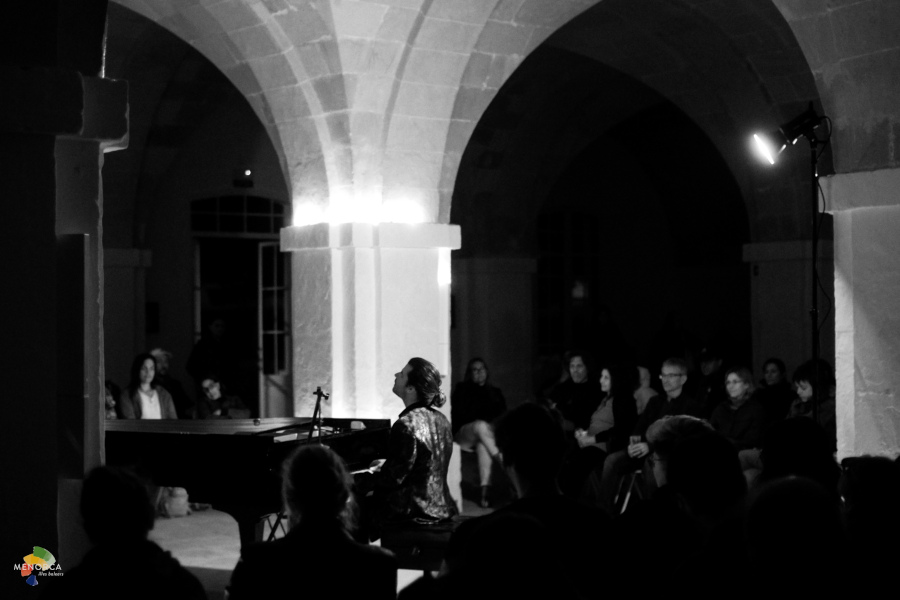
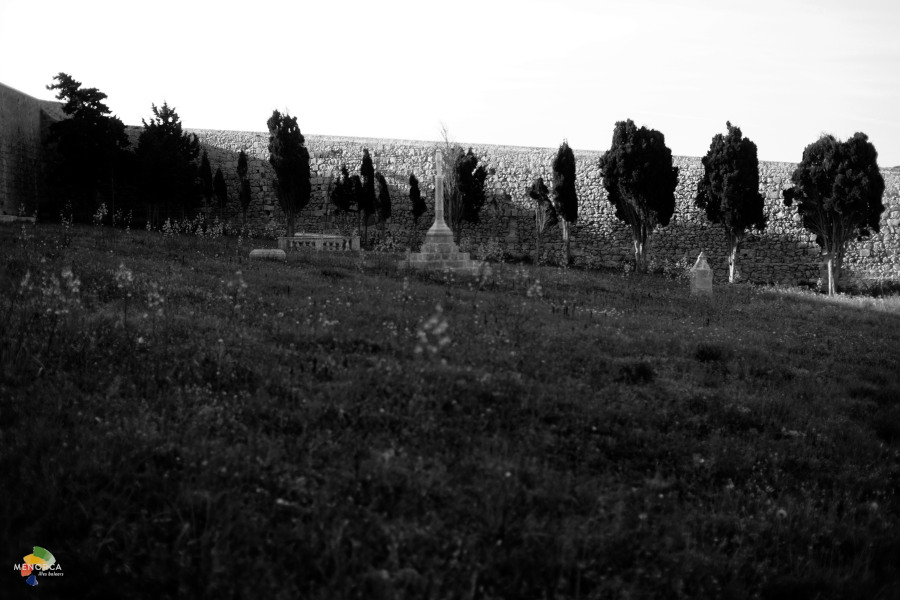
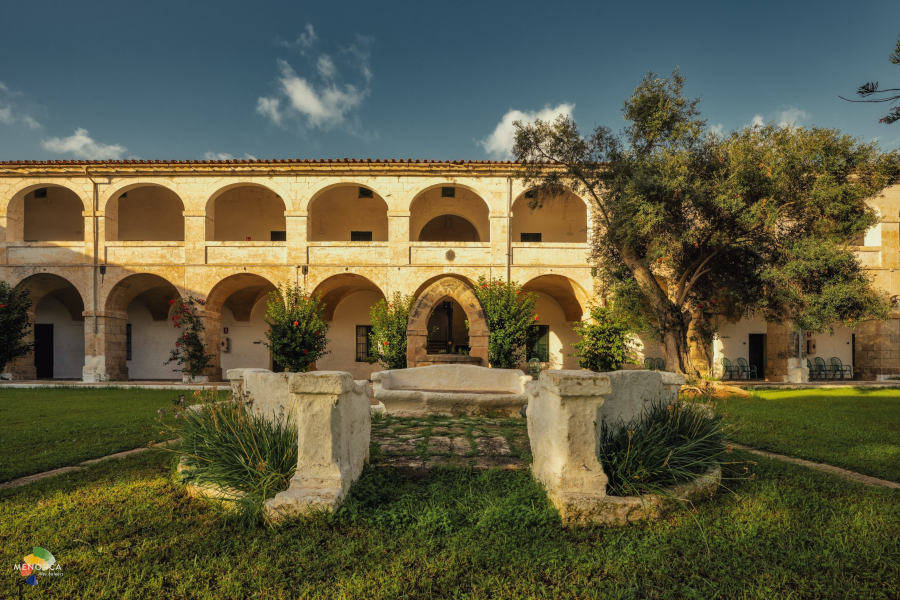
Nadezda was one of the mentors for April’s edition, who taught a workshop together with Jeremy Mann. Interestingly, they were as blown away with the location itself, which proved to be the perfect spot for Quarantine Event’s vision:
“Lazaretto Island, where the workshop took place, is a private green sun-bathed island with old ancient buildings, which used to be a sailors isolation hospital a few hundred years ago.” Shares Nadezda. “Most of the structures are intact and well maintained – that’s where our workshops took place. Every instructor had a room big enough to work together with a group of eighteen artists, who came to the event from all four corners of the globe. The main building acted as the master class and lecture point, as well as a coffee fuel station, where we also met all happy and exhausted for an evening session of discussions.
“On the island one could find plenty of poetic peaceful outdoor places when looking for a place to sit alone and think, write, paint, meditate or simply enjoy the sounds of nature in-between intense classes. From the top of the water tower one can see the whole compound with its solitary corners, strange, dreamy passages and points of gatherings, where the attendees and the instructors painted, shared their meals, listened to live music or just had quiet conversations about art and life.”
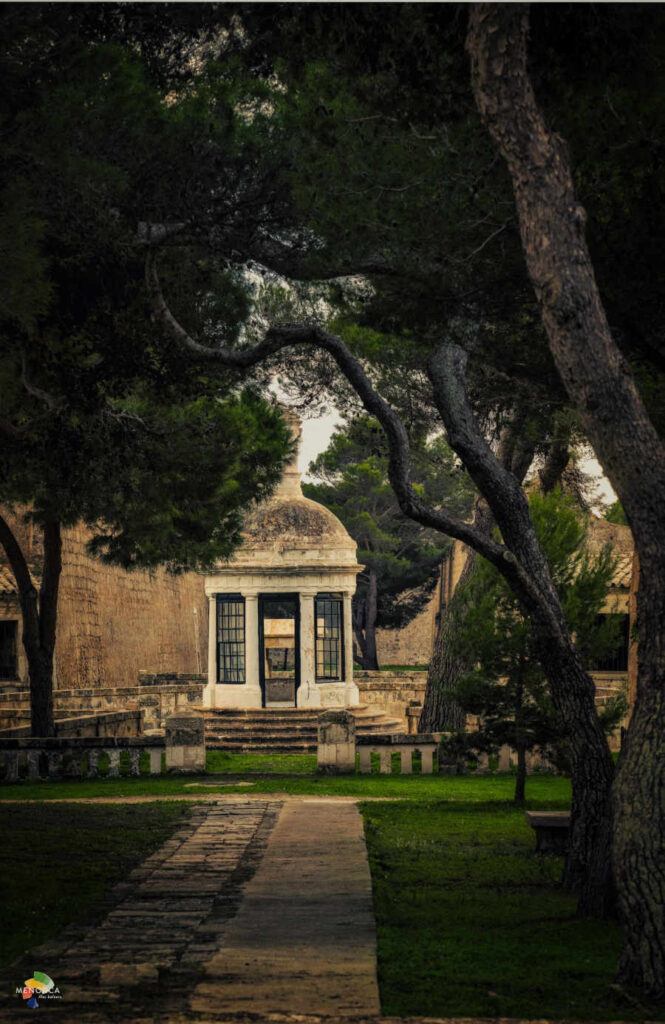
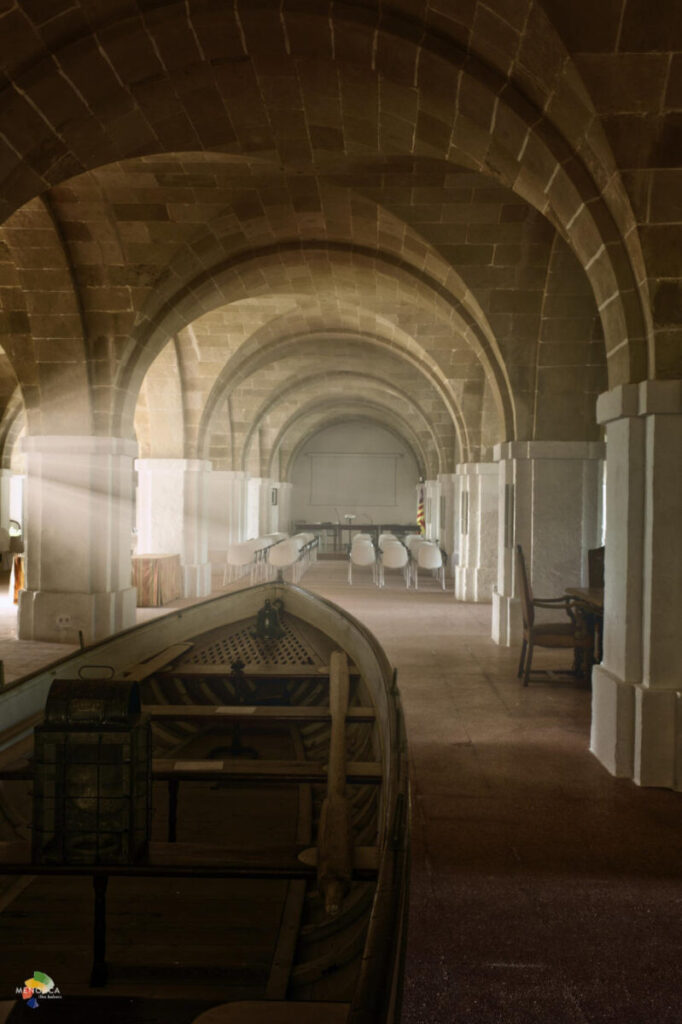
Vulnus Opem Feret – Strength in Vulnerability
“Vulnus Opem Feret,” Quarantine Event’s motto, translates to “the wound will help”. It can be interpreted in various ways – all pointing to the same idea: Art arises from vulnerability.
While this concept may seem disconcerting at first, Carles is confident in its ability to positively transform and help artists. “The metaphor suggests how suffering or adversity can be sources of inspiration. At the end of the April edition, three participants got our logo and motto tattooed, understanding that the artwork is born from the wound, from vulnerability. They discovered that for an artist, vulnerability is the key to hacking the muses. While some works may seem effortless, nothing in the art world comes easily.
“There’s a price to pay to be a good artist, and the first toll is realizing we are our vulnerabilities. We’re not artists because we’re perfect, but precisely because we’re not: our imperfections and our ability to transform them into art make us artists.”
There’s something about this island, where the silence of its walls, intense work, technological detox, and immersion in an artist community free of academic expectations, create an altered state of consciousness. I’m proud of everything that occurred on Lazaretto during that exhausting week.
Carles Gomila, the founder and organiser of Quarantine Events
The role of rituals
Quarantine Events a non-conventional environment is additionally full of meaningful symbols and rituals. Alongside their ethos of “tech detox” (mobile phone access is banned), rituals allowed attendees to detach from the familiar and “see their art, their education, and sometimes, their own lives from a new perspective”.
“The exercises [Jeremy Mann and I] shared with the attendees were intense and creatively demanding, but we were grateful to our group for trusting us and sticking with the schedule.” Nadezda explains. “Plein air painting the sunset – chasing the fleeting beauty of the setting sun with brushes; exploration of the world within through drawing, painting, writing and collage, and many-many more activities. These exercises opened up the angle of view for every person’s individual creativity and each of them took their discoveries for further development to their home studios. Artistic transformation is a life-long process – and Quarantine Events accommodated fertile ground for its nurture and development.”
Each of the six mentors had their own processes as part of the Muse Hacking program, leaning into different focal points and perspectives. However, all participants also enjoyed collective rituals to strengthen the feeling of connection and community.
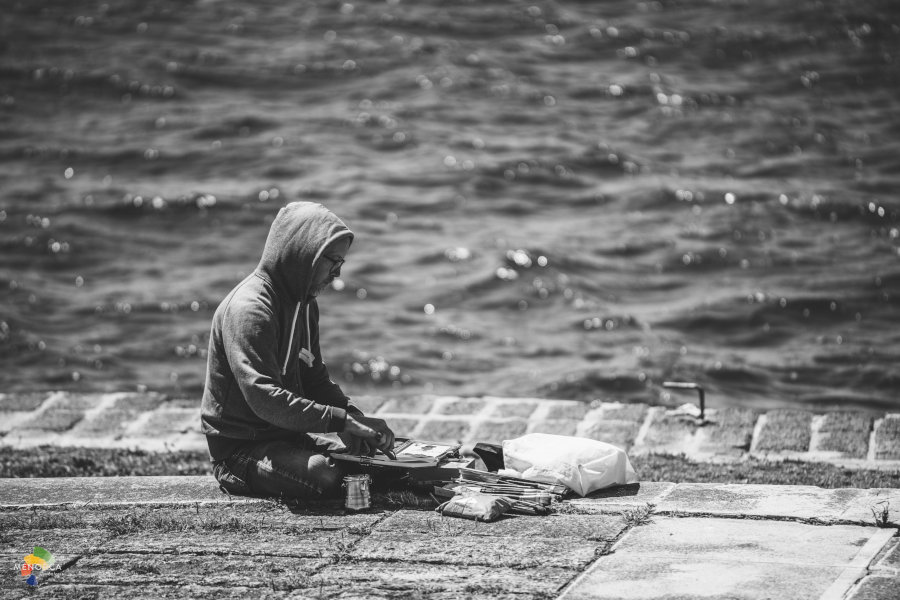
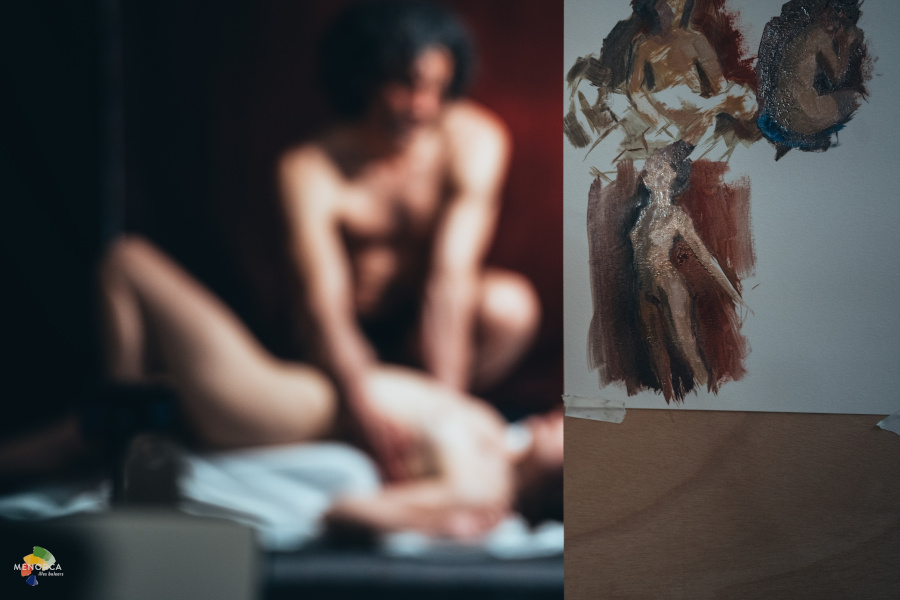
April’s Quarantine Events may be over, but this is just the beginning
“I have received several personal emails from some of our attendees who are finding themselves released from a world of doubt that had built like a plaque around their minds.” Shares Jeremy Mann in his recent newsletter covering the Quarantine Events residency. “In a sense, they have begun to grab the reigns of their own lifestyle and conditioning their approach to life to better match their artistic desires… to tune the mind so their soul sings in harmony with their dreams. It’s not easy, and the road is fraught with difficulties as we all know […] That’s bravery. To see life for what it is so that you can be the artist you want to be without fear. I hear that in the words they wrote to me and told us at the event… and now even months later…”
If you interested in starting your own transformative journey as a creative, the time is now. The Muse Hacking program may be over, but Quarantine Events have a new upcoming residency this October: Fire Walk With Me!
Fire Walk With Me
Dates: October 16th – 22nd, 2023
The next Quarantine Events program features Kirsten Anderson, Lita Cabellut, Vincent Desiderio, Ryan Heshka, Miles Johnston, Guillermo Lorca and Martin Wittfooth as Quarantine’s incredible mentors. For more information on this journey and how to apply, click here.
Quarantine Events Social Media Accounts
Website | Instagram | Muse Hacking Program participant feedback

